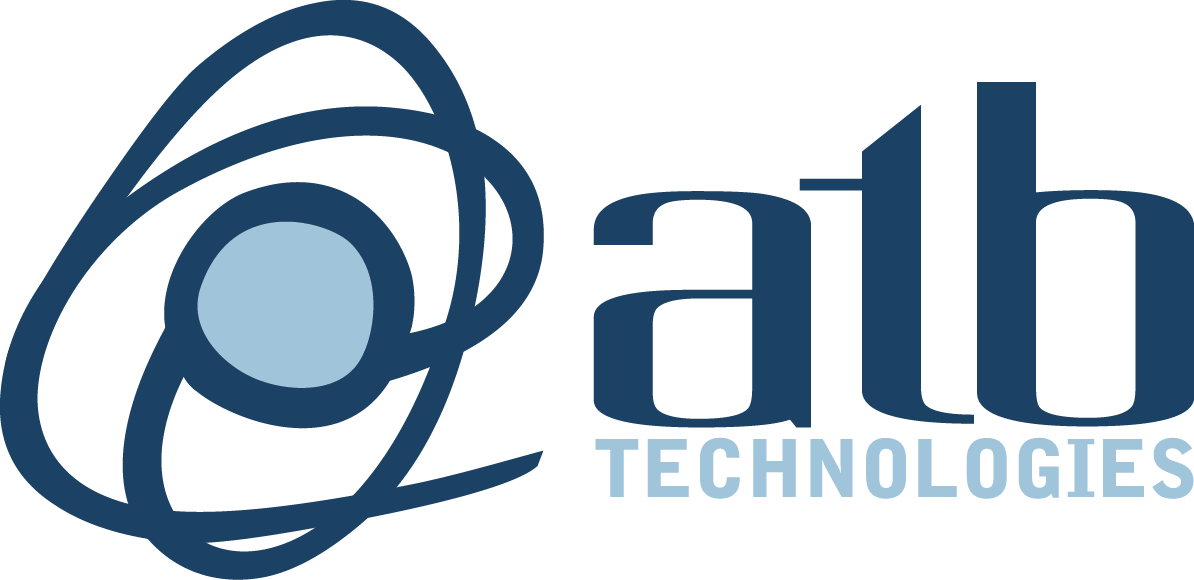[x_section style=”margin: 0px -45px -25px -45px; padding: 45px 0px 0px 0px; “][x_row inner_container=”true” marginless_columns=”false” bg_color=”” style=”margin: 0px auto 0px auto; padding: 0px 0px 0px 0px; “][x_column bg_color=”” type=”1/1″ style=”padding: 0px 0px 0px 0px; “][x_text]When searching for IT support for remote employees, SharePoint and OneDrive are common cloud-based collaboration solutions. At first glance, SharePoint and OneDrive seem to have similar functionalities, which can make it difficult for business owners to decide which collaboration software tool is right for their business. And while they do have many things in common, they definitely aren’t the same. To better understand the differences, let’s first start with a clearer understanding of each software’s intended uses.
OneDrive is a cloud-based document and file storage platform that allows for individuals and business teams to have a single location where they can share, store and access files. It’s like a network drive that can be accessed from anywhere, and it is typically meant for personal use.
SharePoint, on the other hand, is either cloud-based or an on-premise server-based software solution that also allows for remote access of files, documents, and marketing resources such as website and social media connections for an entire organization.
 Based on the descriptions above, one main point of distinction in the comparison of SharePoint to OneDrive is where the files are stored and how they are accessed (cloud and server vs. only cloud). This primary difference can have some significant impacts on security, compliance, and encryption protocols.
Based on the descriptions above, one main point of distinction in the comparison of SharePoint to OneDrive is where the files are stored and how they are accessed (cloud and server vs. only cloud). This primary difference can have some significant impacts on security, compliance, and encryption protocols.
While OneDrive does encrypt files for added security, only SharePoint can offer the added security (and complete on-premise control) of a standalone server. In a perfect world, SharePoint is probably the most secure option, but as with most on-premise, server-based solutions, if your business’ SharePoint site isn’t closely monitored and regularly updated, it can become a significant vulnerability.
Another noteworthy difference between SharePoint and OneDrive is the ability to publish content to the web. Whereas OneDrive will only allow users to create links to documents for viewing or download, SharePoint allows for documents to be published directly to your website. This may seem like a small difference, but if the ability to efficiently access and download documentation is an important feature of your website, SharePoint is the clear winner.
The final major difference between these two software tools is the ability to customize the look and feel of the platform. OneDrive has a standardized interface for all users, while SharePoint’s white label features allows marketing teams to customize the branding of the site. It’s a nice enhancement, to be sure, but unless this is a critical aspect of your intranet, this probably shouldn’t be the primary factor driving your software decision.
Overall, SharePoint offers a bevy of collaborative workspace tools and dashboards that OneDrive does not, but more is not always better. And in this case, specifically, SharePoint may have more bells and whistles, but it also requires more maintenance and on-site administration.
If you are unsure which of these two software tools best suits the needs of your business, our team of software gurus is here to help. Contact ATB today to schedule a complimentary consultation or to generally learn more about how collaborative software can transform the way you do business![/x_text][x_prompt type=”left” title=”Call Us Today” message=”Give us a call: 314-878-4166″ button_text=”Contact Us Online” button_icon=”comment” circle=”false” href=”/contact/” href_title=”” target=””][/x_column][/x_row][/x_section]
